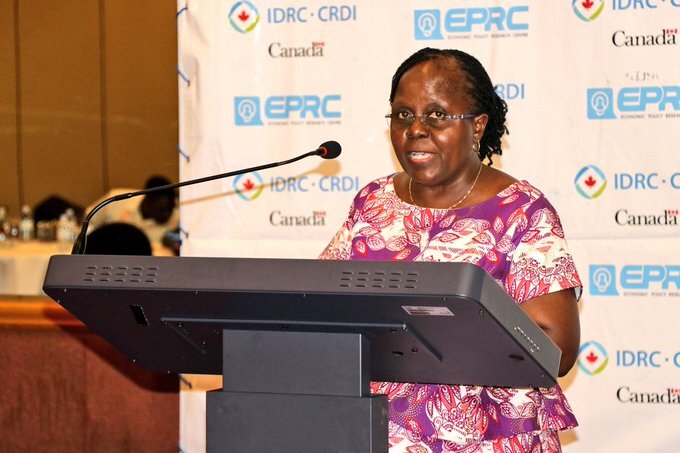Economic Policy Research Centre calls for effective debt management
Even though the government claims that the debt is manageable, economists are sounding an alarm on debt sustainability. Currently, Uganda's debt stock stands at approximately 49% of the Gross Domestic Product

In a recent study, the Economic Policy Research Centre (EPRC) highlighted the need for the Ugandan government to efficiently manage the surging debt burden for the well-being of all Ugandans.
Paul Lakuma, a Research Fellow at the EPRC, emphasizes the importance of fiscal discipline and warned about the rising debt stock, which is approaching 50% of the country’s GDP.
“We as the Makerere University-based think tank urge the government to optimize expenditures, creating a sustainable, inclusive, and environmentally responsive debt atmosphere,” he said.
The COVID-19 pandemic has brought matters of debt acquisition, structure, usage, and sustainability to the forefront of economic concerns.
Lakuma noted that the excessive increase in debt is a significant concern because debt repayment is taking up a considerable portion of the government’s budget, leaving limited resources for critical sectors.
“In the current fiscal year, debt servicing accounts for 35% of total government spending, while only 18% is allocated to human capital development,”
Legislators, Jonathan Egwang and Cyrus Ogon, also echoed concerns about the rising debt burden.
In response, Ramathan Ggoobi, the Board Chairman of the EPRC, and also the Permanent Secretary of the finance ministry said the government is adopting a new strategy to reduce unnecessary expenditures and enhance fiscal discipline.
As Uganda’s current debt stands at Shs80.7 trillion, analysts emphasize the importance of clearing all maturing debts in a timely manner, to prevent debt multiplication.
Even though the government claims that the debt is manageable, economists are sounding an alarm on debt sustainability. Currently, Uganda’s debt stock stands at approximately 49% of the Gross Domestic Product (GDP).
In 2022, the portion of domestic revenues Uganda was using to service its public debt rose to 30% in the year to October from 24% in the same period two years earlier and is putting undue pressure on public finances, the central bank said.
In a report on the economy’s performance, the Central Bank of Uganda said the rising cost of debt repayments meant there were growing “liquidity pressures on the domestic revenues to finance the domestic debt liabilities at the expense of other priority budgetary items.”







